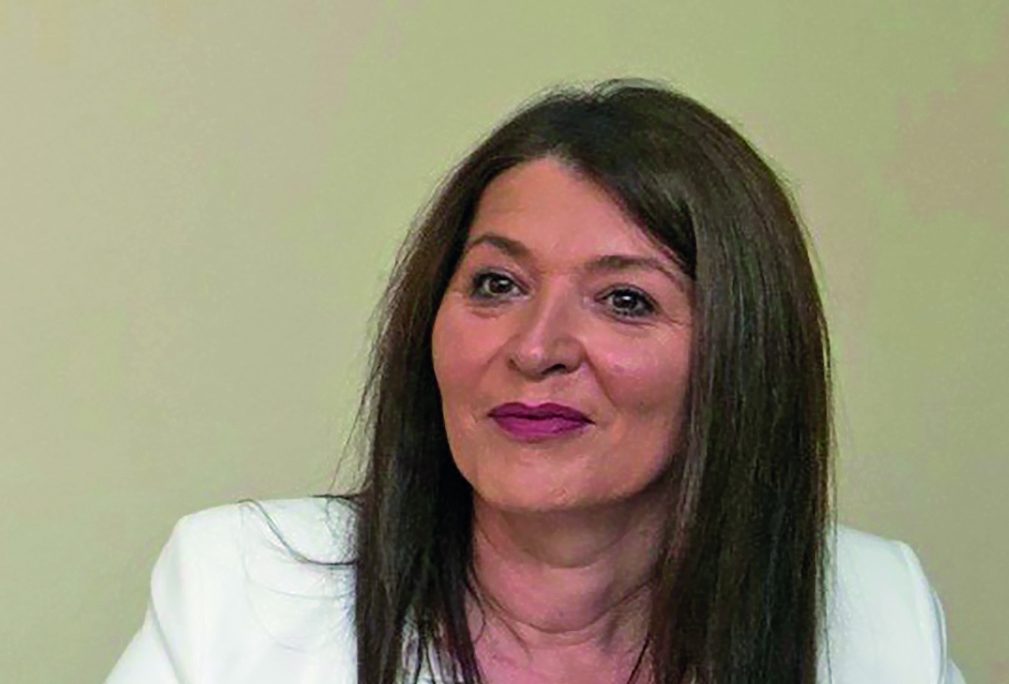For us, as owners of Basna, big profit is not a priority, but rather it is the growing positive impact of our business on the community and our visible participation in the global environmental movement

Basna is a Swiss company, headquartered in Čačak, which is engaged in the conversion of biomass into heat and a high quality charcoal. The company’s beginnings in 2010 were difficult because nobody new about charcoal other than for BBQ purpose. Vesna Baur, the owner, firmly decided that Basna would be among the most innovative companies here.
Your company is constantly working on innovation. Could you tell us more about that?
— We are producing Semi Activated Charcoal via pyrolysis technology. It meets stringent quality requirements after the European Biochar Certificate (EBC). This product has a broad purpose: it is an essential ingredient in animal feed and in the absorption of fungal toxins from animal feed (reduces the need for antibiotics and improves food conversion). It is also used as an organic soil breeder (increases humus content and plant fertility). In anaerobic digesters, it reduces the need for quality silage and increases the output of electricity. In fact, you can find more and more biochar based application in the market. What sets our concept apart from other renewable energy projects is the ability of biochar to sequester CO2 from the atmosphere and keep the C-atom “trapped” in its carbon grid (a natural carbon sink) for decades. In this way, we make a major contribution to the fight against the greenhouse effect. The technology of Biochar is listed by the IPCC (Intergovernmental Panel on Climate Change) as a eligible technology for the fight against global warming.
What is the key to your success?
— Sustainable operations mean success in business for us; a clear direction that loses none of its passion and quality over the years. For us, as owners of Basna, big profit is not a priority, but rather it is the growing positive impact of our business on the community and our visible participation in the global environmental movement.
You are the President of the Nadežda Petrović Association of Businesswomen. What are the main problems that female entrepreneurship is facing today?
— Women entrepreneurs need to invest more effort to achieve business credibility than their male counterparts, lack adequate access to finance, and have limited international business experience. Cultural and social stereotypes are present too. We have been hearing such and similar statements for years. The fact remains that the business climate has improved, but new regulations are needed to facilitate and accelerate women’s entrepreneurship. On the other hand, many women, even though they have the skills needed to launch a new business and a strong entrepreneurial spirit, are opting for entrepreneurship out of necessity, very timidly. We need women who show that barriers are not insurmountable – women like members of the Nadežda Petrović Association. Finally, I would like to point out that, according to statistics, 50% of working-age women are not employed. And at a time when, for many reasons, we are running out of workforce, it becomes a priority to tap into this potential.
How important is it for companies to network in associations and chambers?
— Today, power lies in information and the largest source of information is precisely in the business support network. The values you seek are at your fingertips and the ones you offer have a far quicker and longer reach, if you are open to business connections. Our company is a member of the Chamber of Commerce and Industry of Serbia and the Swiss-Serbian Chamber of Commerce. Our chamber memberships give us the opportunity for decision-makers to hear our voice. By being affiliated with the Business Women Association, on the other hand, we contribute to the domestic business environment in terms of empowering and promoting women in business. Besides, my husband and I are longtime members of Rotary International. By being members of this organization, we fulfill our need to help the community we live in, and through international projects and beyond, we also have a strong connection with business people globally. Networking is important because maybe we can go faster by ourselves, but together we move forward.